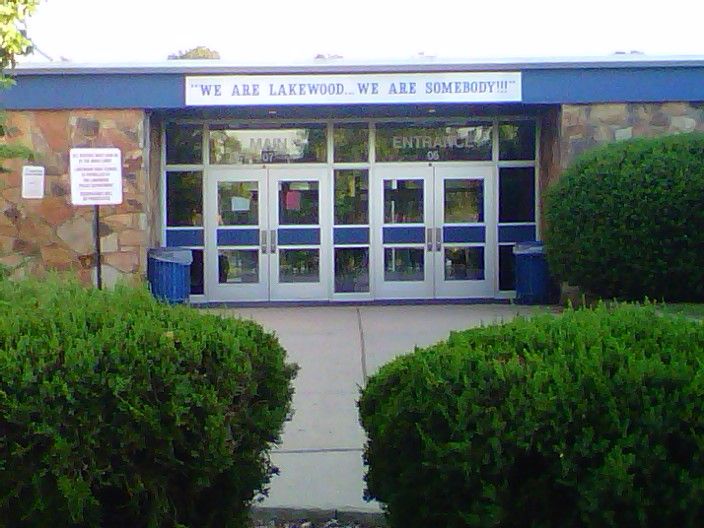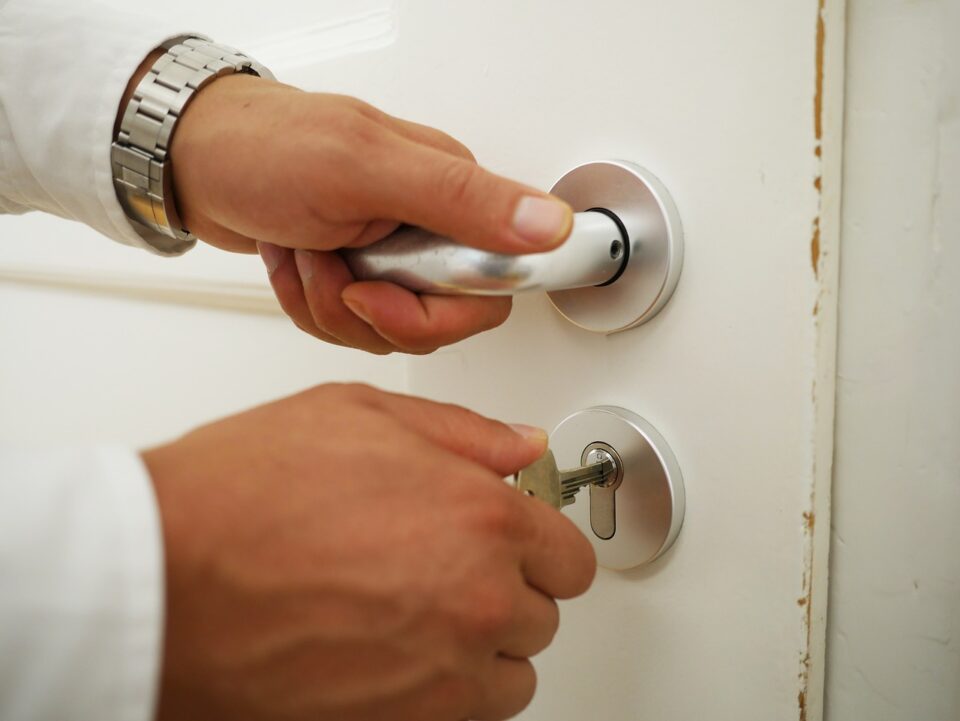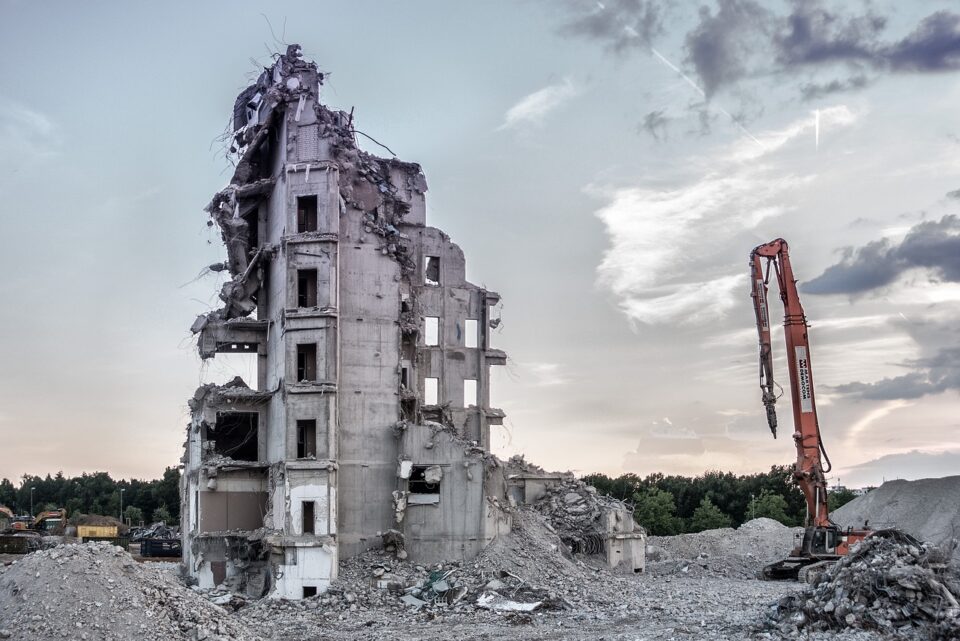
Musical Chairs at Lakewood Public Schools
June 29, 2020
Camden Public Schools Get a Reopening Lift from Camden Education Fund
June 30, 2020Why Are Medically-Compromised Students Going Back to School in a Week? They’re Following State Guidelines.
We are not a hospital. We are not a summer camp. We are not a test for the thousands of students hoping to return to public school in September.
I am extremely concerned that our governor does not seem to understand that ESY programs cannot be viewed as day camps and that they are a continuation of the school year for our students with special needs.
If I accidentally infected a student and something were to happen to them I would NEVER forgive myself. We are putting precious lives at risk.
Murphy and Repollet’s guidance –treat Extended School Year like summer day camp —is like saying everyone in nursing homes should get on a bus and go party in Atlantic City.
The comments above and below come from six staff members (plus a parent of a staff member) who work at a school for profoundly disabled students in Middlesex County. They contacted me to share their dismay at both the guidance from the state about how public and accredited private schools for students with special needs should conduct summer programming (known as “Extended School Year” or ESY) and at what they regard as their particular school’s unacceptable approach to reopening next Monday.
These are people on the front lines who deserve a hearing. (At their request I won’t print their names or the name of their school because they fear retaliation.) Their concerns point to possible problems with reopening schools for neuro-typical children in September. Sometimes students with disabilities serve as the proverbial canary in the coalmine, a harbinger of danger for the rest of us. How do we balance the danger of learning loss —which afflicts the most marginalized students in the most dire ways — with the danger of contracting Covid-19 and spreading it to both staff and student families?
There are lessons to be learned here, primarily the need for stronger leadership both at the state and individual school level. As South Brunswick Superintendent Scott Feder said, “Rather than developing health & safety metrics for working with our most medically vulnerable and educationally challenged populations, the DOE has instead chosen to compare running a summer day camp to that of running a safe ESY program.” (From the DOE: “The New Jersey Department of Health’s New Jersey COVID-19 Youth Summer Camp Standards are applicable to all summer programs operated by school districts and receiving schools, including ESY.)
These staff members are teachers, paraprofessionals, and therapists. Since schools shut down in mid-March, they have been doing remote instruction with students, including one-on-one therapies. All regard this as a successful way for students and staff (and their families) to remain safe.
But special needs children are at high risk of learning loss, even in non-pandemic times, so why are these staff members so strongly opposed to reopening? They explained to me that their students don’t have mild or even moderate disabilities and many are medically-compromised. Some are non-verbal and non-ambulatory. They need “total assistance for toileting, feeding, transferring and positioning [in wheelchairs] and some have private nurses.” Another said, “the vast majority of our students cannot follow the three main aspects of prevention: wearing a mask, social distancing, and washing hands.” Some students have respiratory issues that prevent them from wearing masks, some have tracheostomies or need oxygen, and some can’t wear a mask because of sensory issues. “We work hand over hand with them and social distancing is impossible.” “We are always right in their faces.” “Our students can’t manage their oral secretions or cover their mouths when sneezing and coughing [due to fine motor or cognitive disabilities]. They can’t communicate distress, like when they’re feeling sick.” “These students can NOT cover coughs or a sneeze, some, spit, bite, and scream.”
One staff member explained to me, “I have to change diapers, feed them, take them off the bus, remove the equipment they’re wearing, and put on braces and splints. I put them in alternating positions and help them reposition their heads or pick up an arm that has fallen off an armrest. I do hand-over-hand to help them play with a toy. The state guidance says we should use plastic forks but my kids can’t do that —they’ll choke! They all have adaptive utensils.” Another explained that they can’t go outside because their students with respiratory issues are safer inside. This staff member referred me to a recent tweet by Gov. Murphy:
The school conducted a parent survey; 30% of students will return to school next Monday while 70% will continue with remote instruction. Yet all staff are required to be at this school every weekday through the six weeks of ESY. No staff member will be permitted to work remotely. A staff member showed me the reopening plan for a school that serves students with similar needs, PG Chambers. There, “high-risk staff members may continue to work from home.” I asked to see the reopening plan of their school. No one could find one — they were informed about the rules on a Zoom call last week.
Each member of this group of staff members regards Governor Murphy and Education Commissioner Repollet’s “guidance” as insufficient and poorly-conceived. (The Center for Reinventing Public Education ranked all state plans; NJ’s is worse than 29 other states.) One teacher told me, “we are indoors, we can’t socially distance, and most students can’t wear face masks. The guidance says that schools should keep students from the same geographical area together but our kids come from all over New Jersey.”
And, “the DOE’s plan is irresponsible. It shows a true lack of concern for our medically-fragile students, staff, and families.”
And, “does the Commissioner know anything about students with serious disabilities? I don’t know what he and Murphy are thinking.”
And, “I think Repollet and Murphy made a mistake because they don’t understand the severity of illness. They don’t see kids with cerebral palsy or rare diseases. I know the kids are regressing but how can we take such a risk with their lives? How can they just throw summer camp directions at us?”
And, “I am extremely concerned that our governor does not seem to understand that ESY programs cannot be viewed as day camps and that they are a continuation of the school year for our students with special needs.”
Another staff member read to me the CDC guidelines that say anyone incapable of wearing a mask without assistance shouldn’t wear a mask. “Almost all students at [this school] fall into this category.” Then she read the CDC guidelines that say anyone exposed to Covid-19 should stay home for 14 days but at the Zoom meeting staff were told “they are not required to stay home, regardless of exposure, unless they have a fever.” After they’re fever-free for 24 hours they can return to school.
Why don’t you talk to your principal or director, I asked? One said in an email, “I believe that many of the employees are concerned about possible retribution and have decided to remain silent for fear of losing their jobs.”
Have you reached out to the state, I asked?
They have, making phone calls and writing emails to the Governor’s Office, the Department of Education, and the Department of Health. (One wrote a snail mail letter to the DOE that she sent through registered mail so she could get a receipt, which she’s still waiting for.) Another said, “I got no response from anyone [Murphy’s and Repollet’s offices] and I’ve left three messages leaving my number and saying they can call me anytime.” Another said, “I didn’t even get an acknowledgement. I’ve checked every email folder I have. I was going to post it on Murphy and Repollet’s social media pages but I was afraid I’d get fired.”
They think the Governor and Repollet are bowing to pressure to reopen. But the risks — to the children and families they serve as well as their own families —is too high. “We love our jobs,” said one, “and we love our students. But our medically-compromised students should not be at the forefront of reopening schools in the face of a pandemic. I’d love to sit down with the people in charge and discuss possible solutions. But this isn’t it.”




